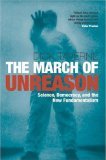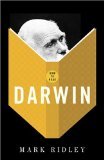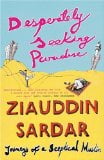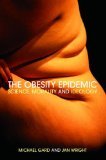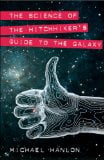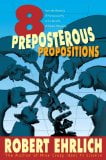 Surviving Armageddon: Solutions for a Threatened Planet
Surviving Armageddon: Solutions for a Threatened Planet
By Bill McGuire
Oxford University Press, £14.99, ISBN 0-19-280571-1
Bill McGuire is a distinguished volcanologist with many scientific and popular publications. In A Guide to the End of the World: Everything You Never Wanted to Know (2002) in particular, he described the various geophysical disasters that threaten our species, and others. (Of course there are other devastating natural evils such as famine and disease.) Here, while reiterating the dangers, he explores what can be done to avoid, mitigate and survive them. These Global Geophysical Events (GGEs or Gee-gees as they are known with inappropriate levity), are few in type, rare in occurrence, but catastrophic in effect. There are five: giant tsunamis, major earthquakes, the impact of a large asteroid or comet, volcanic super-eruptions, and abrupt climate change. The effects depend on various factors, principally size and where they strike.
At the extreme, there is the potential to wipe out most living species, as has happened five times in the past. Climate change is distinct from the others in that it is occurring now, and seems to be due mainly to human activity. In principle, it can be stopped or even reversed. In all cases, however, there is a good deal that can, or could, be done to ensure early warning and lessen the effects.
We are at risk, we have much of the knowledge, but (largely) we lack the will. But it is a different ‘we’ in each case: the first is everyone, the second is scientists, the third is politicians and leaders of opinion. Some of the latter deny the facts, especially of climate change. Most reject measures that would be electorally unpopular, such as restricting air travel, or threaten economic growth and political power. McGuire describes himself as ‘an optimistic pessimist’. He fears the worst, but hopes for the best. His short (238 pp.) book is strongly recommended to anyone who wants the facts.

